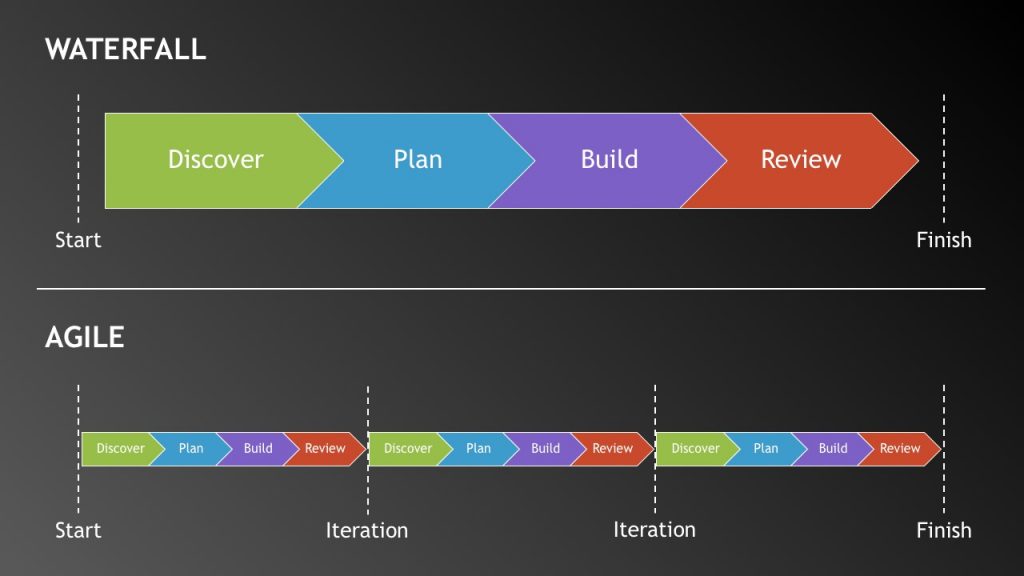Blog Articles – Filtered by Tag
Here’s to the Crazy Ones

There is something truly remarkable about the people and ideas that defy the norm. Time and again, we find that the greatest dreamers, innovators, and inspirations are those who don’t fit into conventional molds. In fact, many individuals who have achieved extraordinary things were often labeled as highly abnormal. This raises an important question: how normal do we really want to be?.
Development Processes in Your Business – Part 2

In Part 1 of this blog, I discussed the two main development processes used by software developers: waterfall and agile. In this post, I’d like to explore how these processes are relevant to business operations, not just software development.
Development Processes in Your Business – Part 1

I have the privilege of working closely with several of our software vendors to help them improve their products, both for our use and for their entire client base. Through this collaboration, I’ve discovered some fascinating correlations between software development processes and business development processes. These similarities have significantly influenced my perspective on development across various areas.
The Importance of Impact
When we sat down to define our core values, we started with a long list. As we worked to refine it, we realized that many values were actually distillates of others. For example, we see honesty as a distillate of integrity. This led us to focus on identifying root values that drive all the others. That’s how we arrived at the concept of Impact.
The True Essence of Growth
Growth is a fascinating concept. On one hand, it’s an obvious value for any organization. On the other, it’s often overlooked, with many companies spending significant time figuring out how to achieve it.
For us, growth isn’t just a goal—it’s an outcome. We believe that by doing the right things for the right people and for the right reasons, we help our clients grow, which in turn drives our own growth. Thus, growth is a necessary outcome of our actions.
Thinking Outside the Box

Thinking Outside of the Box is a phrase we often hear, but truly embracing this mindset can be challenging. The very notion of a “box” suggests limitations, yet the practice of thinking beyond these constraints is essential for the growth and innovation of both individuals and organizations. Without mastering this skill, how can we achieve breakthrough ideas and advancements?
Valuable Values
In the fast-paced world of IT, it’s easy to lose sight of what’s truly important. We all have core values, but the daily hustle can lead us to forget them or make small compromises that steer us off course. I face this challenge too.
There are countless resources on setting priorities, defining values, and maintaining focus. The key is to distill our focus down to specific, core elements and ensure everything aligns with these values. We must clearly define what is valuable to us and ensure every action ties back to that focus.
The Interconnection of Integrity and Integration
In the world of IT, we often think of integrity as a trait of character and integration as a feature of systems and processes. However, these two concepts are deeply intertwined.
When we say someone has “integrity,” we mean there’s a consistency between their words and actions. If they commit to being somewhere at 5 PM, they will be there at 5 PM. If they promise to complete a project by Thursday, it will be done by Thursday. Achieving this level of integrity requires intentional planning and execution. You need to account for variables and engineer situations to ensure consistent outcomes.
The Addiction of Incremental Success

Back in June, I talked about how we celebrate failure in Here’s to the Crazy Ones. But, is changing our perspective on failure enough? Can we survive, emotionally or practically, in a state of constant failure?
